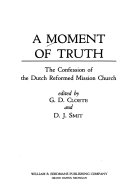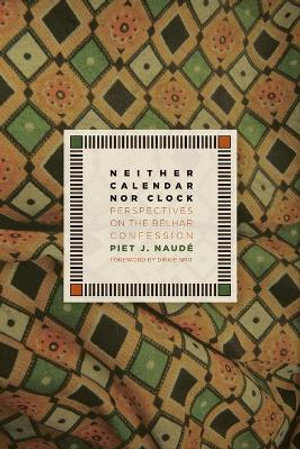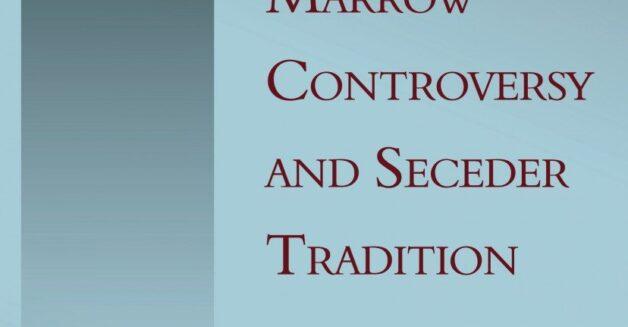Idzerd Van Dellen and Martin Monsma, The Church Order Commentary: A Brief Examination of the Church Order of the Synod of Dort (Credo 2009 [1954]). This reprint is not for everyone. Okay, it’s for hardly anyone. But it is for some people. If you are a BCO wonk-and a few people should be-then this is a helpful look at polity in the Dutch Reformed tradition. I didn’t read the whole book, but I have used it some and plan to keep it close at hand as an important reference work. Of note regarding current RCA polity wrangling: this commentary argues that Synod can make binding decisions to which members in the minority are required to submit.

G.D. Cloete and D.J. Smit, eds., A Moment of Truth: The Confession of the Dutch Reformed Mission Church 1982 (Eerdmans 1984). This book explores the reasons for the Belhar Confession as a necessary word against apartheid in South Africa. While the background information and theological analysis are historically helpful, one’s opinion of the book depends largely on one’s opinion of Belhar itself. For my part, I found the contention that Belhar’s meaning is yet to be determined (60) and the discussion of the poor and social justice (53-65, 127-150) to be weaknesses.

Piet J. Naude, Neither Calendar Nor Clock: Perspective on the Belhar Confession (Eerdmans 2010). When the RCA voted to provisionally approve the Belhar Confession in 2007, the South African theologian and Belhar expert Piet Naude addressed Synod. I was there and heard him speak. If Naude said everything at that Synod that he said in this book, I don’t believe Belhar would have been approved. Naude is clearly a man of the left with harsh criticism for the United States and the policies of conservatives in particular (xviii, 184, 217). He seems uncomfortable with the traditional language of Father, Son, and Holy Spirit (6). He assumes hominid evolution (170). And most dramatically, he sees in Belhar a deep suspicion against the exclusion of women from church office (187). Naude comments: “When the Bible and theology are used against women in order to keep them, in the name of the gospel, from exercising their spiritual gifts of teaching or leadership, they show exactly the same structure as a racist theology” (188). Again on the next page, in another bit of harsh hyperbole, Naude asserts, “It was relatively easy to see apartheid theology as an ideology. It is a little more difficult to deconstruct a patriarchal and heterosexual culture, supported by a fundamentalist reading of Scripture, as an equally vicious ideology that has to be resisted today” (189). Given this comment, as well as Naude’s reference to “gay and straight Christians” (189), and his appreciation for the URCSA wrestling with the place for gay people in the church, it seems highly unlikely that Naude accepts a biblical understanding of marriage or sees any problem with using Belhar to further a revisionist agenda in this area.



